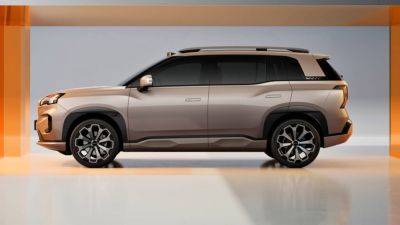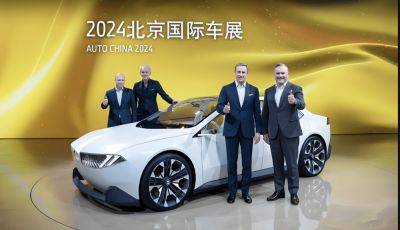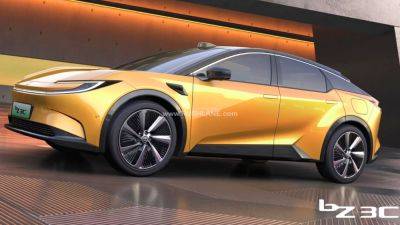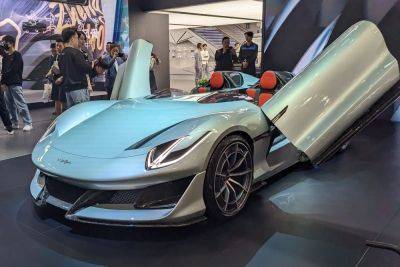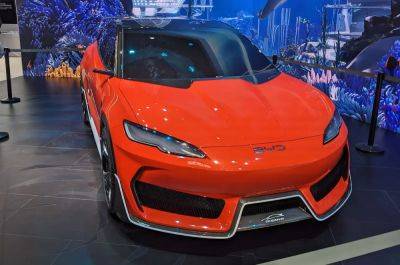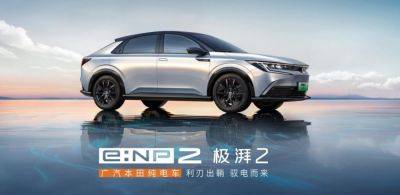BYD’s new ‘blade’ battery promises 1000km+ range
News out of China is that BYD’s battery subsidiary, FinDreams, is poised to launch the second-generation of its innovative Blade battery which promises a big boost in energy density and the possibility of more than 1000km of range.
Revealed by BYD’s chairman Wang Chuanfu during a recent finance meeting, the new Blade battery pack is said to increase energy density by 25 per cent compared with the first-gen version, meaning BYD could use fewer cells to achieve the same range and deliver battery packs that are smaller and lighter.
Conversely, more range could be achieved from a similarly size battery leading to speculation that the second-gen Blade battery will deliver a range of around 1000km on the Chinese testing cycle (CLTC).
If these numbers are accurate, it means the second-gen Blade battery have similar range to highly anticipated ‘solid state’ batteries currently in development. But while solid state technology is still years away, BYD’s new battery tech will enter production later this year.
It’s worth noting, however, that China’s CLTC test cycle delivers more generous range claims than vehicles that use WLTP testing figures. The BYD Seal, for example, has a claimed CLTC range of 700km but that figure drops to 570km on the stricter WLTP cycle.
The original Blade battery, which currently powers every model in BYD’s Australian line-up, differs from traditional lithium-ion batteries in both its chemistry make-up and construction to deliver greater safety, higher energy density and longer lifespans.
Instead of using conventional battery cells, the blade battery is made up of in thin metal sections, or blades, that are stacked together like the pages of a book. The design is more space efficient and also means the battery can be integrated into the vehicle structure.
First generation Blade batteries have an energy density of 150 Wh/kg, however the new version is said to increase this to 190 Wh/kg.
News
China's giant BYD has handed down a fresh teaser of its new ute, after having been spied in Australia
BYD currently sells three cars in Australia, with the Seal sedan boasting the biggest WLTP range at 570km from a 82.6kWh battery. The Atto 3 small SUV and


